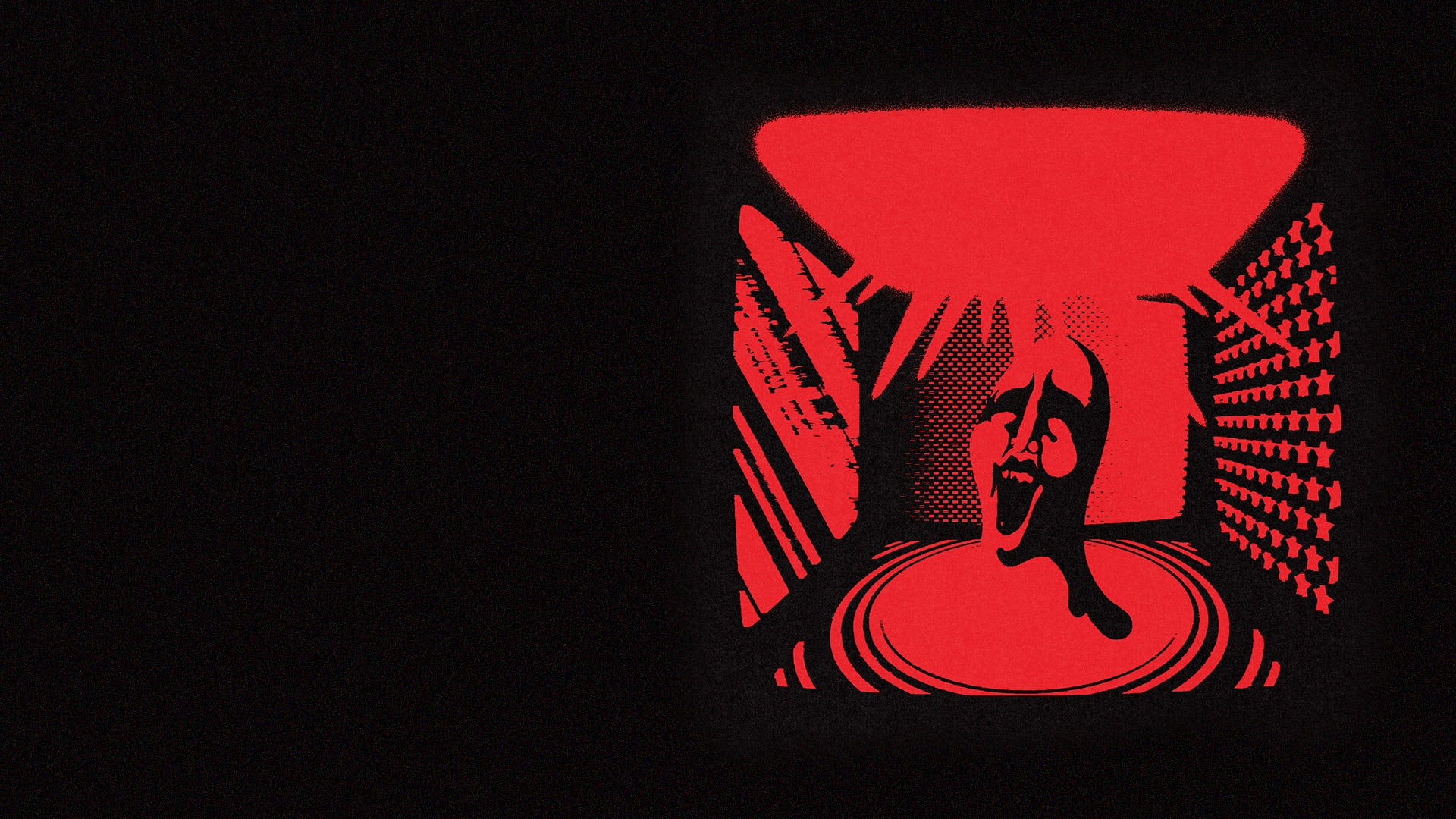Apr 15, 2025 Film & TV
Being a consumer of streaming content in 2024 is stressful. For weeks you can be becalmed, staring at a Netflix menu screen of colourful dross. It stares back at you: a Great Pacific Garbage Patch of content; a Vortex of Mid.
Then, suddenly, something cuts through. Everyone’s recommending this show. You must clear the schedule. You’ve got to prioritise viewing it and nothing else, because the waves of opinion are already flooding in and soon any opportunity to form your own one will be gone. There’s a moment you’re missing, a box to tick, and time is running out.
Just as the third season of The Bear was hitting screens in June, a New Zealander who makes television themselves offered this opinion in an instalment of The Spinoff’s ‘My Life in TV’ feature, and it stopped me in my tracks: “I can’t handle too much conflict. I’m sure that’s the same for any human being, but in the programme The Bear, I mute the arguments. Sometimes I’ll skip 10 seconds if I feel like I don’t need it.”
It struck me that the two elements inside this comment — the forced requirement to watch and the discomfort of watching — encapsulate a current paradox. It’s not only about the rush to the recommendations and the constant pressure to be across that which the culture has declared to have value. It’s that once we get there, we have little tolerance for discomfort.
We turn these shows on, the ones we must not miss, and they start to work on us emotionally. They provoke us, grate on us, or make us feel exposed or uncomfortable. In short, they do the work that scripted drama has been doing for centuries: create an imaginary space to safely explore our pain.
But we live in capitalism with computers in our pockets and acute stress responses that are activated on a daily basis. We’ve gone to therapy and named and categorised and individuated our experience. We’ve been conditioned to make self-protective judgements from primal responses and argue about them on social media. We don’t want to listen to sad music. We avert ourselves from conflict and pain, and everywhere there’s conflict and pain — from navigating a passive-aggressive colleague at work, to scrolling past images of protesters and dead children on our social feed.
So, we take our fight-or-flight response to the couch in the evening and to that thing we have to watch, and the adverse emotions triggered by a fictitious construction of character and scenario don’t feel vicarious, they feel like they’re happening to us.
Mute goes on. Phone is scrolled. Jeremy Allen White’s biceps are appreciated. You still watched the thing, though. You have successfully remained current. Tick.
Avoiding discomfort is a natural reaction to an antagonistic, unsettling world. Committing completely to a storyteller’s journey involves a kind of surrender, and skipping the tough stuff feels like control. The story may need it, but “I don’t need it”.
Yet ironically, the more we work to avoid these adverse emotions, the more intense they can grow. In this way, on-screen conflict that makes us feel uncomfortable is like a gymnasium for the soul. By muting the arguments we shut ourselves off from feeling anything, for anyone. So why are we enduring it in the first place? Why are we half-watching? Is it because in our LinkedIn culture of completion, clocking it trumps feeling it?
Possibly. But perhaps what is truly foiling our ability to engage and connect is not only a lack of tolerance for discomfort, but a low tolerance for ambiguity.
So many small-screen phenomena that have come highly recommended in the past few years — The Bear, Baby Reindeer, Succession, I May Destroy You, Fleabag — are about some kind of trauma. But it’s trauma that never says its name. It’s hidden, messy and ambiguous — just like how it feels in life. Yet social media and reality TV have trained our attention towards the unambiguous. We may find narrative conflict too much at the end of a hard day, but we can absolutely mainline it in a reality TV setting. Characters and situations are broken down into their constituent parts, named and categorised. This is jealousy. This is gaslighting. He’s a narcissist. She’s got abandonment issues.
On ‘unscripted content’, we watch conflict like sport. No matter the format, everyone is narrativising their life and commentating their experience in a perpetual first-person present tense. The sound and video edits on long-running shows such as The Kardashians are so disjointed and distancing they’re almost Brechtian. We don’t need to mute any arguments on Married at First Sight because we don’t feel uncomfortably inside them.
We like to diagnose, we don’t need to empathise, and in unscripted content, discomfort makes way for diagnosis. Categorising and breaking us down into identity groups is a key function of capitalism, and as an explicitly capitalist commodity — literally documentary created to move product — reality TV lacks any sense of the unknown or the mystery of being human. (It’s ironic that the format that distances us from the complex interiority of the human experience — how it feels to be in the world — is called ‘reality’.)
Good stories make demands of us. It’s fine not to continue with The Bear. No one is making us watch anything. The first season was honest and scrappy and great. The second season wasn’t as strong and the scent of hype and hamminess creeped in. The third got worse as the hype got cacophonous. But that’s just my opinion. You can work out your own, or stop and walk away at any time, and that’s okay.
I guess it’s just good to be aware that at the same time we’re incessantly being told we must tick these shows off our watchlist, everything around us is training us against the beauty inherent in the ambiguity and discomfort of rich narrative storytelling. The Bear is about the chaos of kitchens and Jeremy Allen White’s biceps but at its heart it’s about families and trauma. Greater knowledge or understanding usually comes through some kind of pain — whether it’s going through the gauntlet yourself, or empathising, line by line, through the imaginarium of story.
In his introduction to the published scripts of season four of his show Succession, writer and showrunner Jesse Armstrong translates the two impulses we have when it comes to story (be that scripted or ‘unscripted’): “We all have an impulse to want to pull the mask off the baddie and have something simple revealed — base truths and clear explanations. But we all have another impulse too and that first reducing, simplifying impulse will likely never wholly satisfy because it offends our deep sense of what the world is really like.”
Ignore the rush to the recommendations. Take the time to watch what you want, when you want. Abandon a show completely when you want. But before you do, lean into the things that might unnerve you at first and ask yourself if it’s you or them. Or just listen to Jesse Armstrong, showrunner of the greatest TV show on Earth. If you haven’t, you really must watch it…






